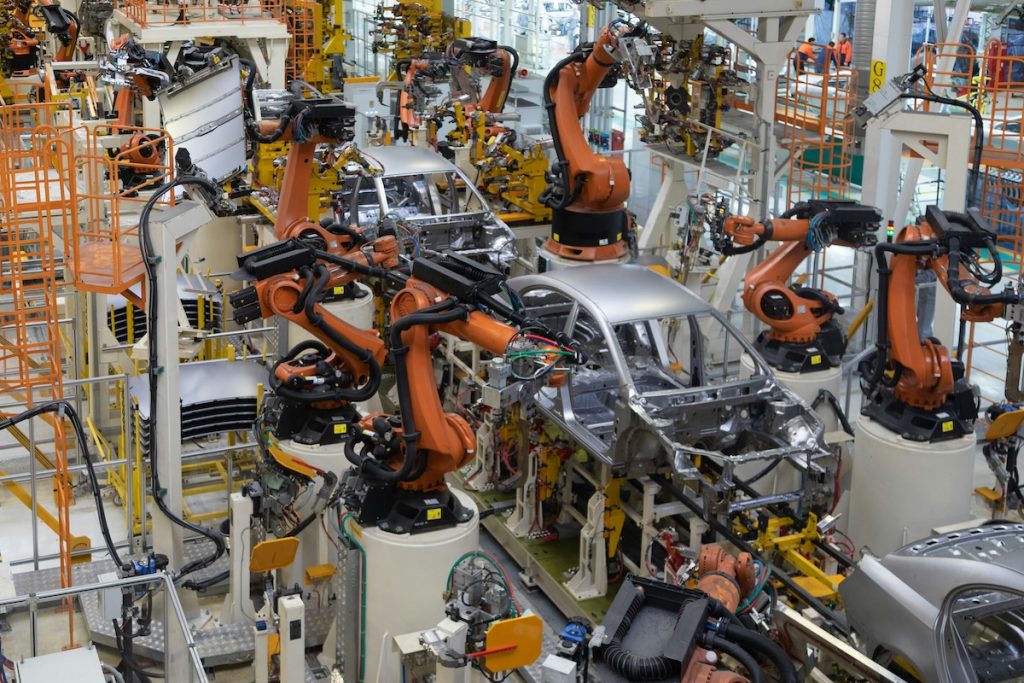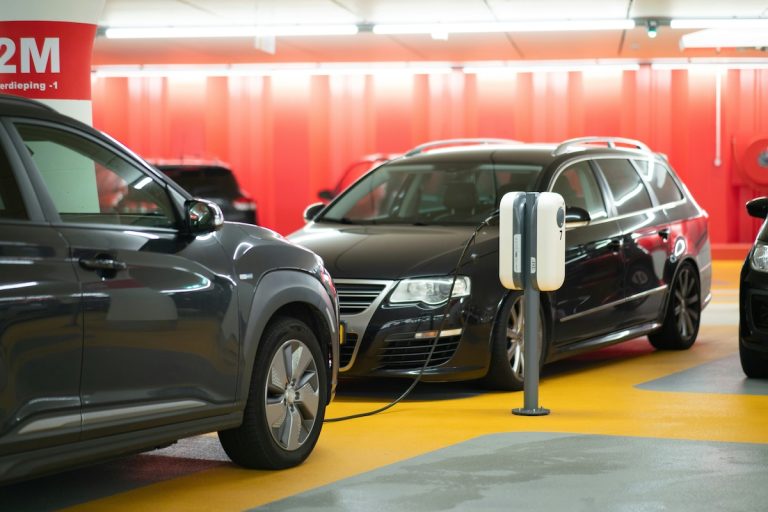Germany has learned the hard way that there’s only one path to selling electric cars: state subsidies
The Automotive Crisis
Germany is experiencing a severe crisis in the automotive sector. According to data from the German Federal Employment Agency, 6.5% of the jobs lost this year in the country come from the motor industry. In July 2024 alone, car production fell by 8.1% compared to the same month last year.
And the prospects aren’t particularly good. Volkswagen, which employs about 300,000 people in Germany, has already warned that they expect a drop in their annual production of half a million units, equivalent to the output of two plants. In total, the motor industry directly employs about 800,000 people in Germany.
Of course, their crisis comes down to something simple: layoffs. In 87 years, the company had never considered this measure in Germany, but the scenario isn’t good. The country is approaching a recession, and their electric cars aren’t selling, which has direct repercussions on an industry that has bet everything on the shift to electric cars.
Now, aware of the importance of this leg in the global picture, their politicians have already considered bringing back subsidies that were withdrawn at the end of 2023 to try to revive sales of a technology that continues to struggle without fiscal incentives.
Sales Trends: More Cars, But Not the Right Ones

If we look at the volume of registrations in Germany, it’s true that their sales so far this year have grown by 4.3%. Between January and July (latest ACEA data available), 1,709,904 cars were sold, compared to 1,640,147 vehicles sold in the same period of 2023.
But if we look at electric cars sold, in that same period of 2023, 268,926 were sold, compared to 214,887 electric cars this year. That’s a 20.1% drop. We must add to this the fall in the weight of electric vehicles in the overall picture of car sales in Germany.
The market share of electric cars between January and July 2023 was 16.4%, compared to 12.6% this year. Sales are in free fall. In July, 30,762 electric cars were sold in the country, compared to 48,682 fully electric cars in the same month of 2023. That’s a 36.8% drop. In market share, they’ve gone from 20% in July 2023 to 12.9% in July 2024.
Storm Clouds on the Horizon
The storm clouds are evident for an industry where Volkswagen, one of its main engines, is warning of massive layoffs, has already reduced shifts, and has halted the development of new plants dedicated exclusively to electric cars, as it had planned.
In the last days of 2023, the German government was forced to withdraw purchase subsidies as a result of a bureaucratic and legal framework that required it. At that time, Germany was the country in Europe that sold the most electric cars and had (within the EU) the largest share of electric cars in its sales. Now, France is starting to catch up and, above all, sees how its share of electric cars continues to increase, already at 16.9%, while between January and July 2023 it was 15.2%.
During the first days of the year, companies squeezed themselves to fill the market with offers that would keep the pace alive. But months later, the truth is that it’s coming to an abrupt halt, and electric cars are once again proving that they need institutional support to push their sales forward.
Government Response
The Executive has approved a new aid package that will allow companies to deduct 40% of electric and plug-in hybrid cars. It’s estimated that, in taxes alone, the Government will stop collecting 465 million euros between 2024 and 2028, according to figures collected by Expansión.
Although for now there will be no purchase aids and individual customers will not have any kind of help to acquire these electric cars, the move demonstrates that the sale of this type of automobiles continues to be too closely linked to government support.
In France, for example, the growth in electric car sales cannot be understood without measures such as aid to lower-income families for the purchase of this type of car. This also leaves another reading: electric cars are still expensive.

The Cost Factor
If we do the math, it’s easy to understand that those who have the possibility of charging their electric car at home will save money in the long run. This is something that can be verified with our calculator. But in countries like Spain, where the best-selling cars are low-priced vehicles, the entry barrier remains high.
Especially because a car with a combustion engine and a low price (Dacia Sandero and Seat Ibiza occupy two of the three podium positions in our country) give a versatile result. They may not be the most comfortable cars for traveling or the most spacious, but they are practical in day-to-day life and allow travel without the calculations that have to be made with an electric car with a small battery.
The Future of Electric Cars
The big question is whether the industry will manage to popularize the 25,000 euro electric car. This “new generation” is called to popularize the vehicle and make us forget about subsidies for its sale. However, the promised ranges are still scarce, and in many cases, we’re talking about almost exclusively urban vehicles.


0 Comments